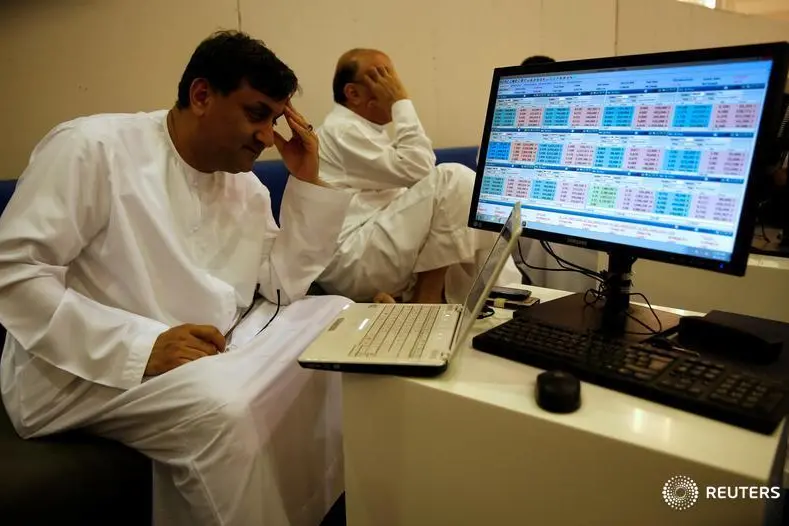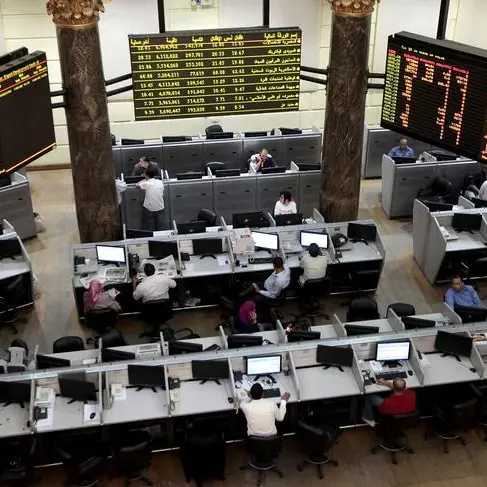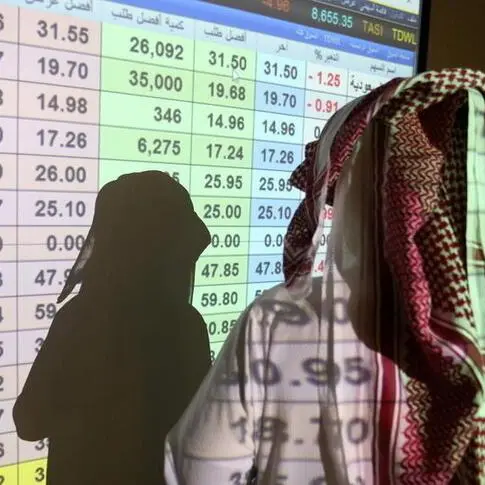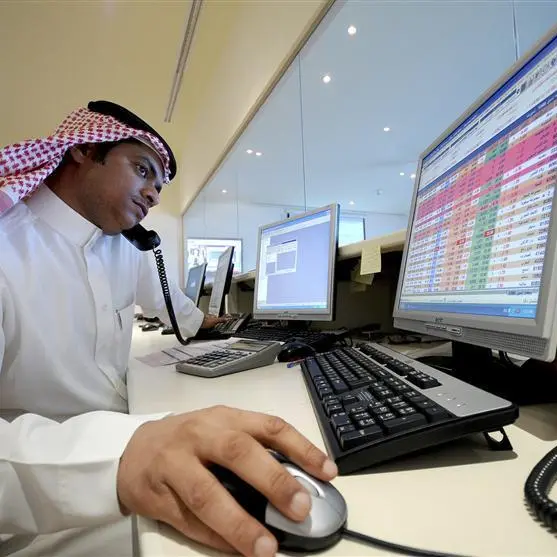PHOTO
The joint chief executive of the recently-merged Aberdeen Standard Investments, Martin Gilbert, has said that he expects further consolidation in the asset management industry as a result of fee pressures on active managers and the rise in popularity of passive tracker funds.
Martin Gilbert, co-chief executive of Aberdeen Standard Investments - a manager with around £610 billion ($793 billion) of assets under management - said that "the world's got a lot tougher for asset managers over the last couple of years" as a result of the growth in passive investment funds, compression of fees and a continuing rise in the cost of satisfying regulation.
Speaking about the decision to merge his former firm, Aberdeen Asset Managers, with Standard Life in an £11 billion deal last year, creating Europe's second-largest fund manager, Gilbert said: "Thank goodness we did it".
"One of the great things is we're way ahead of the curve in what has transpired in the asset management world," he said in an on-stage interview at the Funds Forum Middle East and Emerging Markets event in Dubai on Sunday.
"The incessant rise of passive has really hit the industry hard, fee compression has really hit the industry hard."
A report from the Financial Times citing Morningstar data last week stated that more than $86 billion was withdrawn from active funds in the third quarter of 2018. It added that active assets have grown by 1.4 percent over a rolling 12-month period, while passive assets have grown by 6.2 percent.
"One of the big issues we've had as active fund managers is obviously most of us have underperformed the market, and that's because the market has obviously been very liquidity-driven (as a result of quantitative easing) and it's especially focused towards a lot of the growth stocks in the world. A fund manager like ourselves who tend more towards value than growth, who tend more towards emerging markets rather than developed markets, have had a very, very tough time over the last five years."
However, he argued that the more volatile markets experienced so far this year - the benchmark S&P500 index in the United States dropped 6.9 percent last month - should be positive for some active managers - although it could also lead to a shake-up of the industry that could see some mid-ranking managers, who are currently "clinging on", going out of business.
"I think we're at a tipping point in the market where we're going to see active coming back into style. I think we're going to see value coming back into style as well," Gilbert said.
Asked about prospects for the Middle East region, Gilbert said "clearly, there's a lot of wealth here", adding that oil prices were once again around the $80 mark, which is positive for Gulf markets.
He also said that the firm is planning to boost its representation in the region, having opened an office within Abu Dhabi Global Markets two years ago, and appointed former Dubai Holding chief executive Edris Al Rafi as its new Middle East and Africa head last month.
"I think more and more we're going to move away from the fly in, fly out model and base more people here. That's going to be our strategy," he said.
First-mover advantage
When asked about the decision to set up in Abu Dhabi rather than Dubai, Gilbert said "time will tell" whether it was the right thing to do.
"In 1992, we made the decision to go to Singapore rather than Hong Kong and we were the first into Singapore. I personally would rather go somewhere where you can start something and be important. That was the thinking behind it.
"It certainly worked in Singapore where I think we're still the largest locally-based asset manager out there."
Gilbert had been due to attend the Future Investment Initiative summit in Saudi Arabia last month, but was one of a number of high-profile withdrawals following the death of journalist Jamal Khashoggi at a Saudi consulate in Istanbul.
He said: "We went as a company, and it's interesting - no-one reports which companies went. They just wanted to focus on the individuals."
A study published last week by big four accountancy firm PwC into the asset and wealth management industry stated that although the amount of assets under management by the industry is set for strong growth – increasing at a compound rate of 6.2 percent per year, from $84.9 trillion in 2016 to a predicted $145.4 trillion in 2025 - this growth will be 'uneven', with scale and operational efficiency being key factors. It said that asset managers' margins had already been compressed by 10 percent between 2009-16, and predicted that up to 25 percent of mutual funds in developed markets would close, with fees likely to compress by a further 20 percent.
Gilbert said that the days of global asset management companies making operating margins of 40 percent or more "have gone forever".
"Any industry that operates on a 40 percent margin is going to be disrupted and hence we're seeing the disruption happen to us now, from platforms, just from other asset managers. We're all fighting with each other on fees now," he said.
"I do think private markets are going to be a big area in the future - private debt, real assets, all of these things are going to be high margin products, which is why the big asset managers like ourselves are trying to move into these areas quickly."
(Reporting by Michael Fahy; Editing by Shane McGinley)
(michael.fahy@refinitiv.com)
Our Standards: The Thomson Reuters Trust Principles
Disclaimer: This article is provided for informational purposes only. The content does not provide tax, legal or investment advice or opinion regarding the suitability, value or profitability of any particular security, portfolio or investment strategy. Read our full disclaimer policy here.
© ZAWYA 2018












